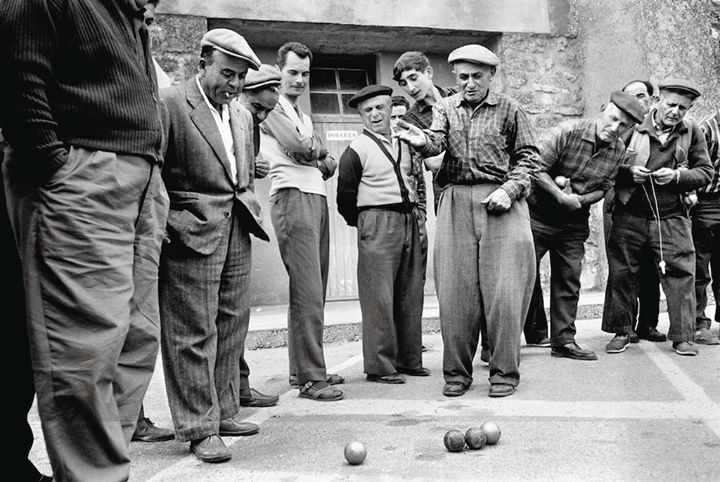
Heft: Finding Weight in a Weightless Age
Heft might be due a revival... The path forward requires more than just reaction to the lightness of technology; it requires the intentional protection and promotion of those weightier parts of life that tether us to meaning, responsibility, and connection.
Pupil Curiosity
Prof Coe’s 2013 talk has aged well, I think. I’d forgotten this prompt, but it’s a lovely way of framing the challenge of teaching curiosity. “If your pupils knew the answer, but didn’t know why, how many would care?” Improving Education – A triumph of hope over experience from CEM on Vimeo.
Book List: Leadership and Education
I’m finally beginning to put together some thoughts on the project I first started thinking about here. In terms of projects, I’m curious to see what the common themes are in the various leadership, organisational structure, internal comms books I’ve read are. It’s by no means academically rigorous – more just for me to feel...
The Jaffa Cake Fitness Plan – Efficiency vs Effectiveness
I wonder if sometimes looking for the most efficient solution might actively damage our chances of finding the most effective solution. Let’s take an example “fitness drive”. Being lazy, I’ll usually want to do this in the most efficient way, so I’ll lie on the sofa, ploughing through the internet, clicking,...
Some edtech maths
Have been doodling on the back of a napkin this evening about edtech and its cost-benefit. Let’s say a new technology is being introduced into your school, with the promise of “50% better learning for all”. Let’s assume the following: After 1 year, by the end of the pre-Tech course, your class will have generated...
3D Education
I am finding Charles Koch’s framework for education more and more useful. If nothing else it helps me place some of the drier research on things like dual-coding and spaced retrieval in the context of a richer, more human approach and what Jeremy Barnes calls “Albert Hall Moments”. I came across Koch’s model...
Punctuated Equilibrium, Progress and Schools
Punctuated Equilibrium is a theory in evolutionary biology that seems to fit well with progress in students’ learning. What is Punctuated Equilibrium Punctuated Equilibrium was first proposed in the 1970s by Nile’s Elderedge and Stephen Jay Gould. They argued that while most of us think that evolution happens gradually, the fossil record...
An Epidemic of Listicles
I like this excerpt from Krista Tippett’s interview with Maria Popova, curator of the wonderful Brain Pickings [Thanks to the Centre for Teaching] Culture needs stewardship, not disruption. … We seem somehow bored with thinking. We want to instantly know. And there’s this epidemic of listicles. Why think about what...
Delivery mechanisms for values
Two interesting things I’ve seen recently have got me thinking. The first was Mark Slouka’s comment that The humanities, done right, are the crucible within which our evolving notions of what it means to be fully human are put to the test; they teach us, incrementally, endlessly, not what to do but how to be…. […]
The Dynamo and the Social
Thought this was an interesting piece at Slate based on Paul David’s paper. There are some obvious parallels with personal or mobile computing and education and the difficulties we have with using it well. “Electric light bulbs were available by 1879, and there were generating stations in New York and London by 1881. Yet a...